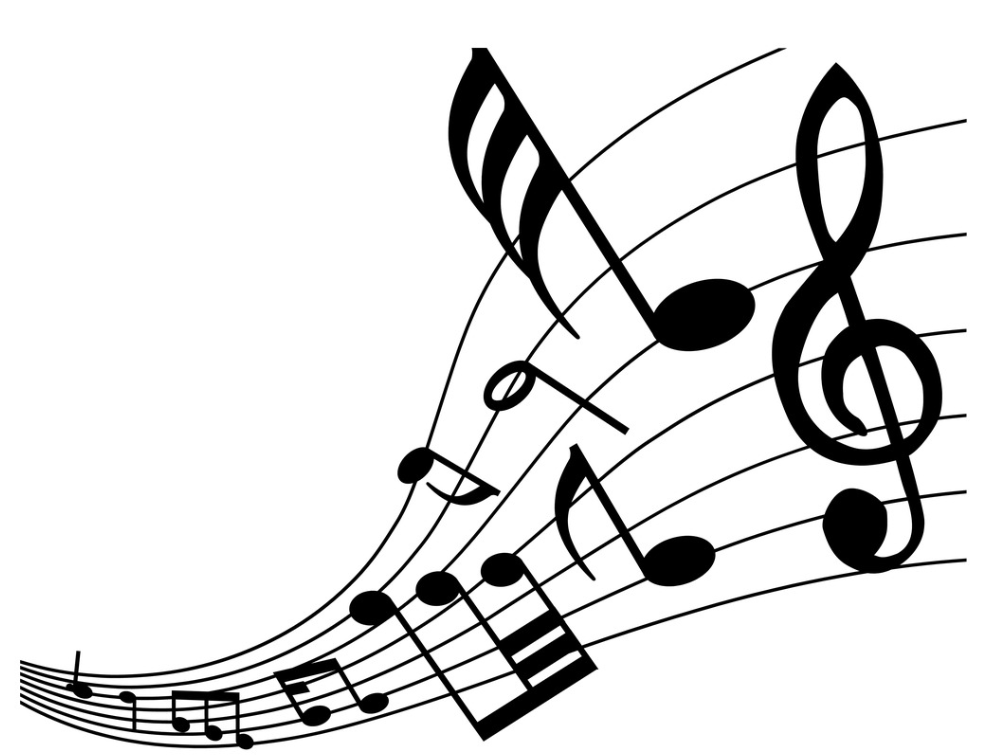
As I sat at a bedside of someone in their last days, we were listening to some classical music. I sat bathed in the music that she so loved. I imagined the notes moving past, and then I ‘heard’ a missed beat or was it an intentional pause? I wondered whether this was like death itself?

When we might imagine death to be such a dramatic ending, might we describe it with an exclamation mark? Or is it such a transitionary moment in our lifetime that it is merely a missing note or even a rest. Could we then describe it, not with such finality but, merely a comma? There is something else which follows in that sentence, after that note – the music plays on?
University Death Café
At our University of Glasgow Death Café, at the Byers Community Hub, we welcomed those from different countries, different cultures, who saw very different perspectives of death. Whether that be from a faith perspective or from our own professional training, supporting those who were dying in hospital, or from experience from the ravages of Covid – we all had something to bring to the discussion. All comments were of equal importance, as we all might see death in a different hue.
Whether we noted the precautions advocated by the Dutch medical practices when someone considered euthanasia or the political suggestion of using sarcopods, the discussion allowed our viewpoints to be heard, and processed. We discussed how the funeral ‘business’ was very much a business. Where we let another undertake what is needed, possibly denying our actual involvement. In that, we may not actually see our loved one from the last breath to the crematorium or burial service.
Should we not see our loved one?
That question, upon dying, of our souls being released and for how long: 1, 3 or 7+ days? We might use arguments based upon science, and not experience, to deny someone’s beliefs about such ethereal ‘realities’. We discussed our actual involvement in the bereavement process. Of that caring for the body after that last breath, whether we can physically help within the actual cremation, rather than standing back and watch, or even just attend the service.
Final(?) thoughts

It was a time of feeling, that in a safe(r) space, we can engage about what we feel about death and dying. Possibly realising that there is so much we don’t know but can learn from others. That if we do talk about death, it does not mean that ‘our time’ is any nearer. Whereas some, struggling with the impact of suicide in their families, use the semi-colon to indicate there is more, we might also see that death is not the taboo, or finality, society might like us to consider it is – it might merely be a comma in our lifetime.